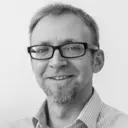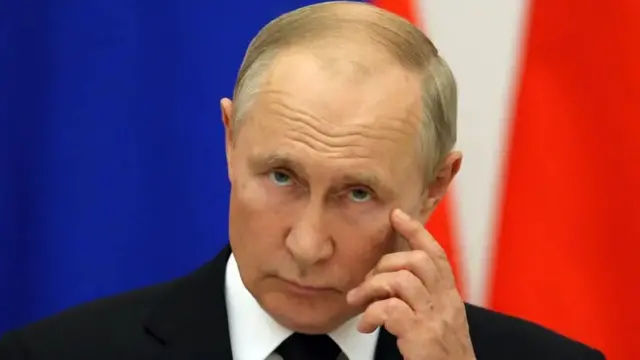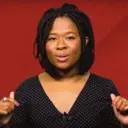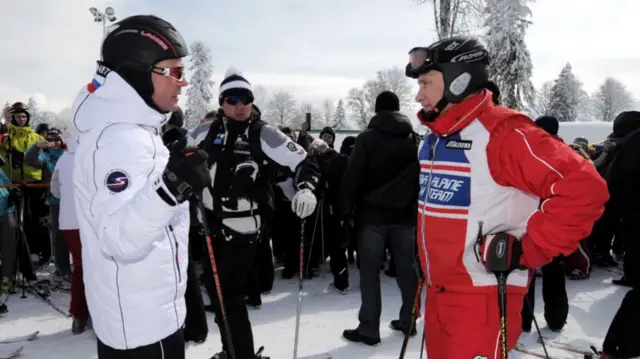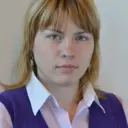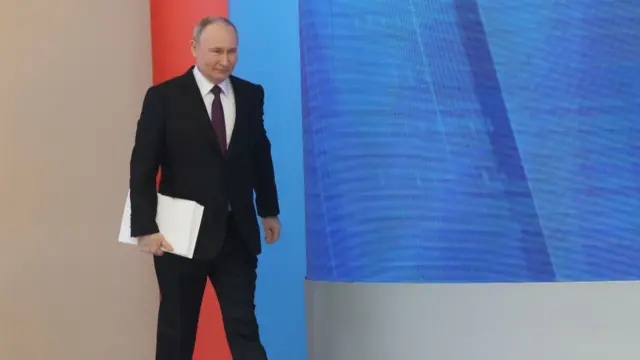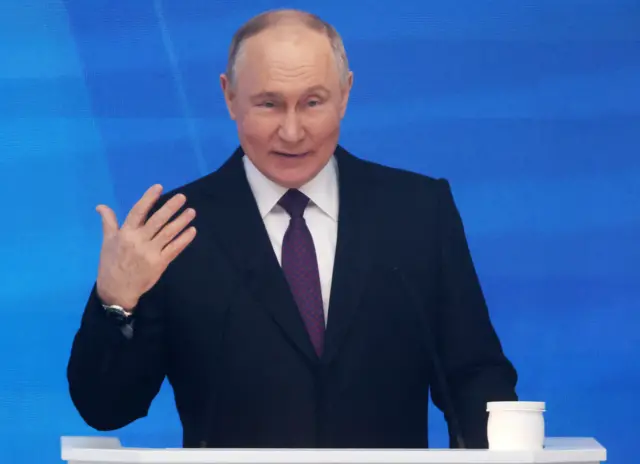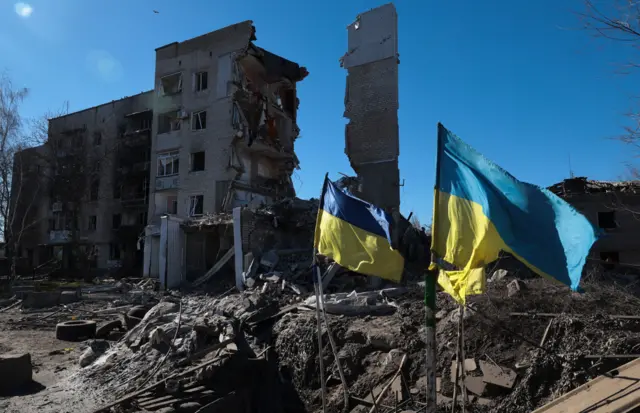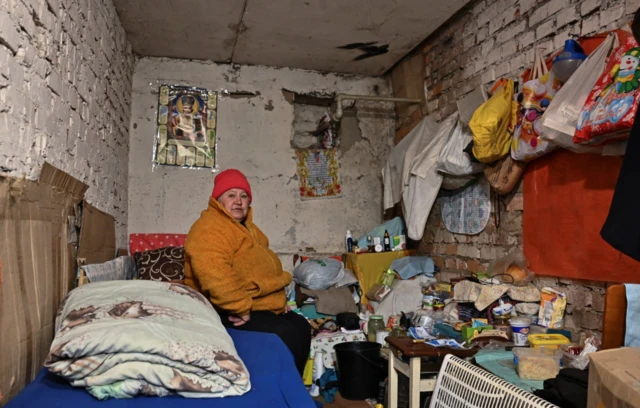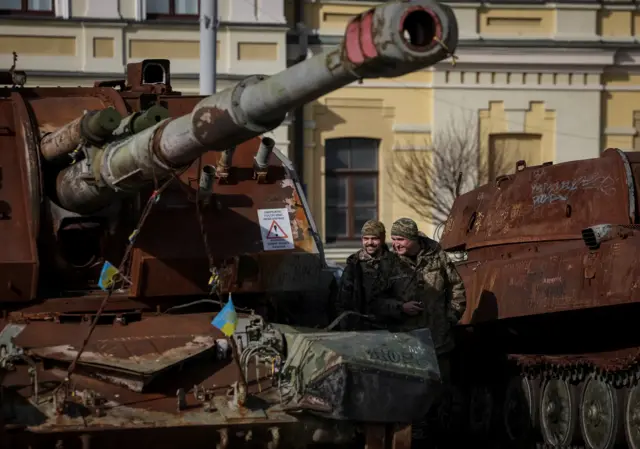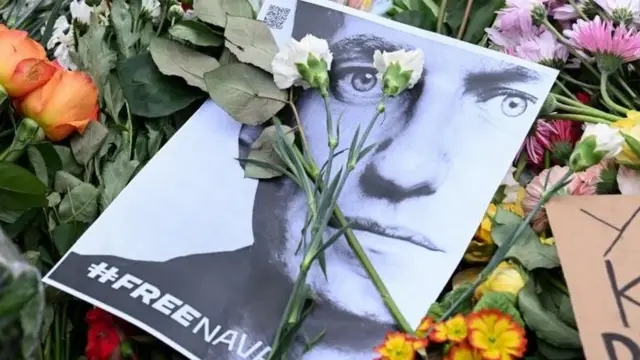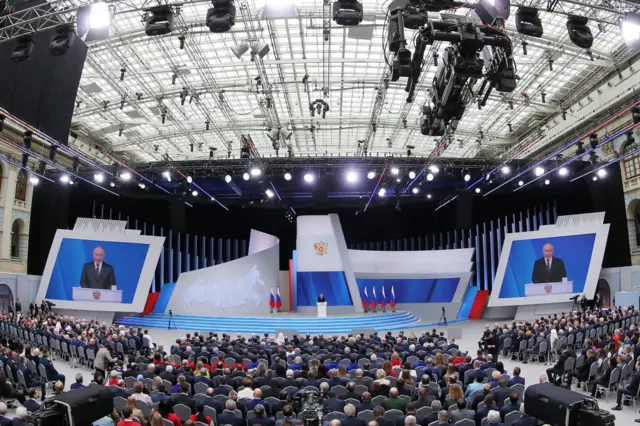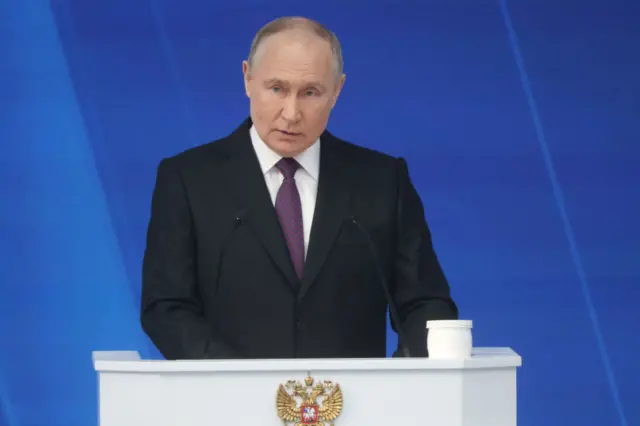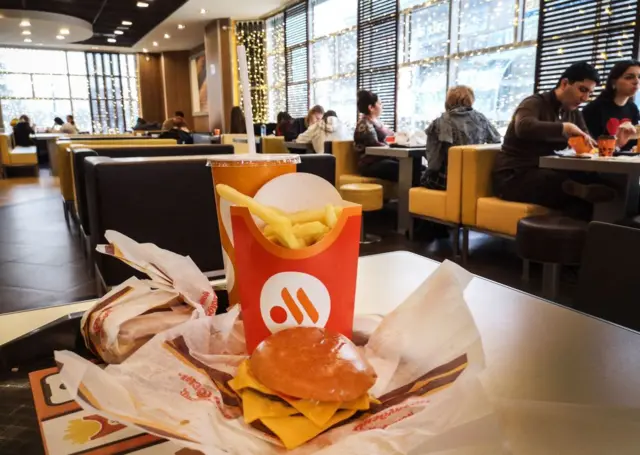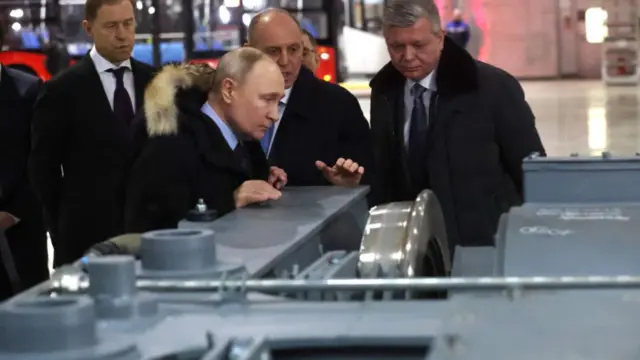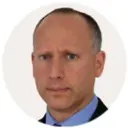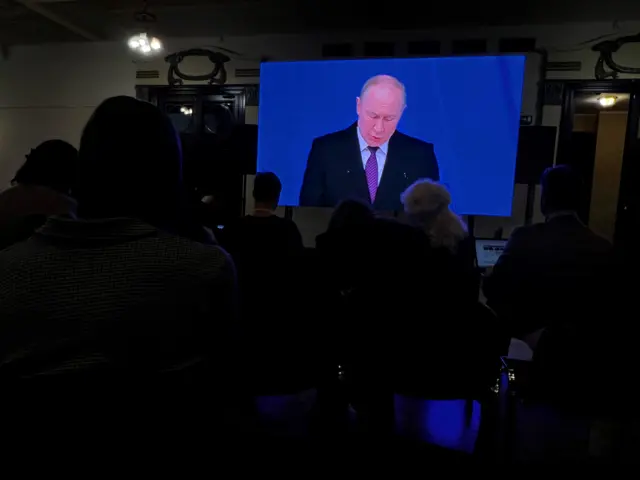That's it from uspublished at 13:55 GMT 29 February 2024
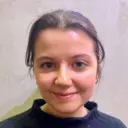 Emily Atkinson
Emily Atkinson
Live reporter
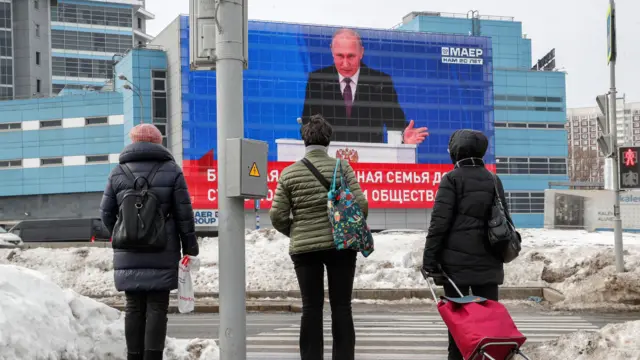 Image source, EPA
Image source, EPAWe're bringing our live coverage of Vladimir Putin's state of the nation address to a close now.
To catch up on the key lines from his annual speech, read our full story here.
And for James Waterhouse's reflection on the second anniversary of Russia's invasion - and stories of exhausted Ukrainians refusing to give up - click here.
For a broader look at the latest on the invasion, our colleagues on the visual journalism team have put together a piece on the Ukraine war in maps.
Today's page was brought to you by Steve Rosenberg in Moscow, and Olga Ivshina, Tarik Habte, Yaroslav Lukov, Esme Stallard and Anna Boyd in London. The page was edited by Malu Cursino, Nadia Ragozhina and me.
Thanks for joining us.

